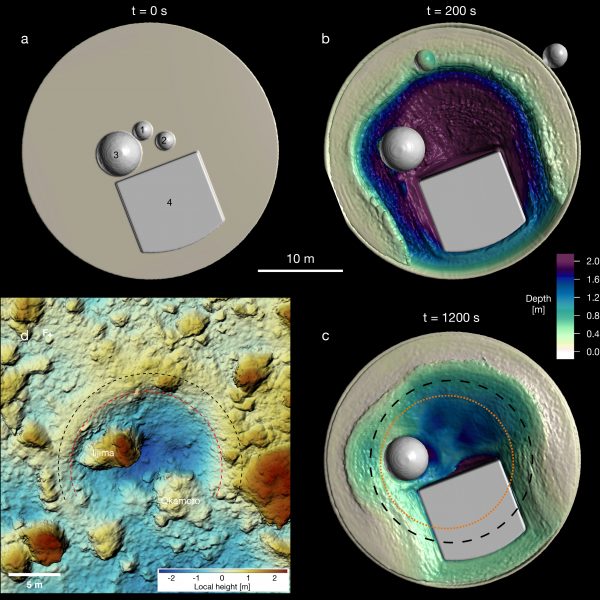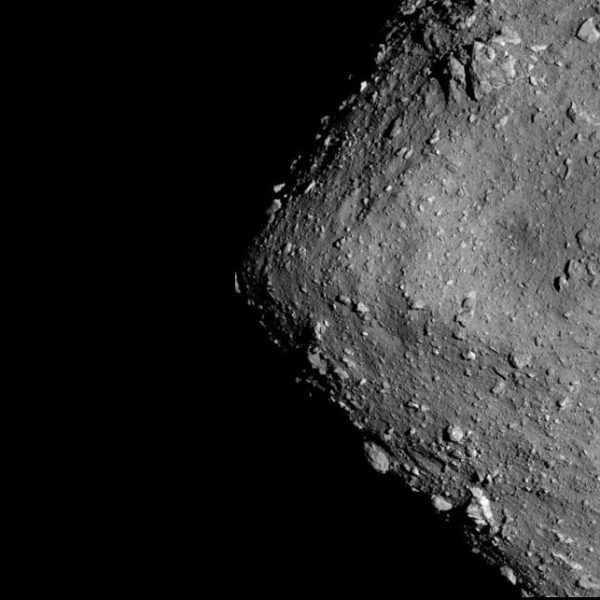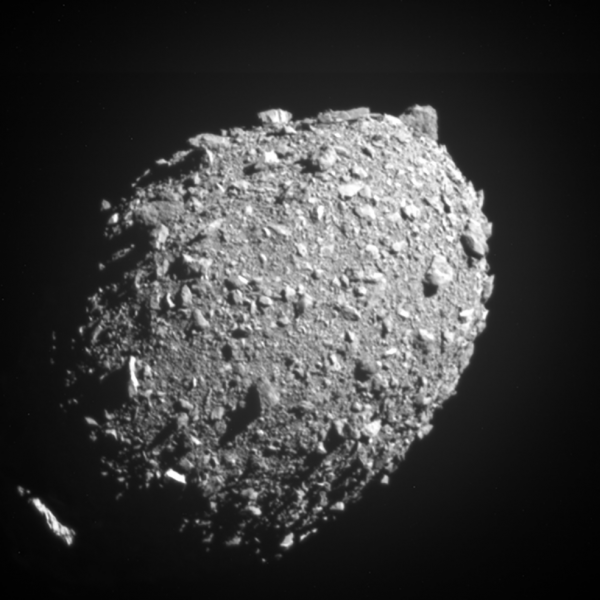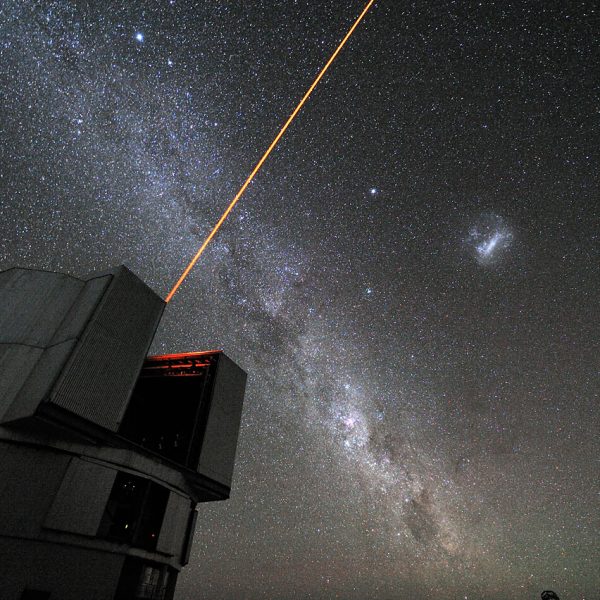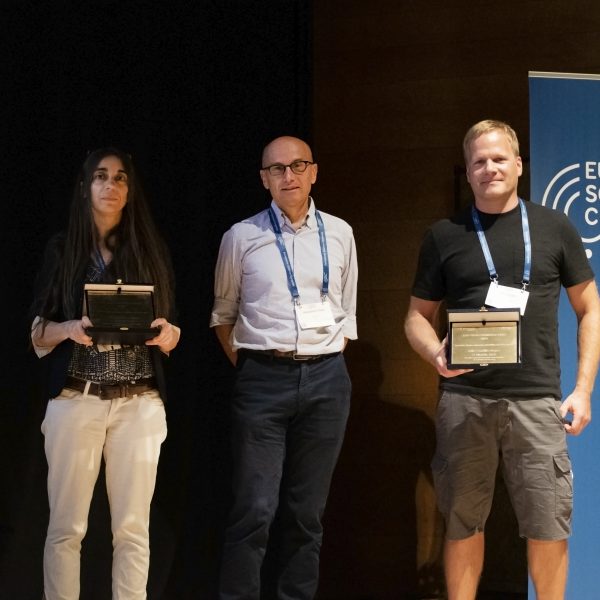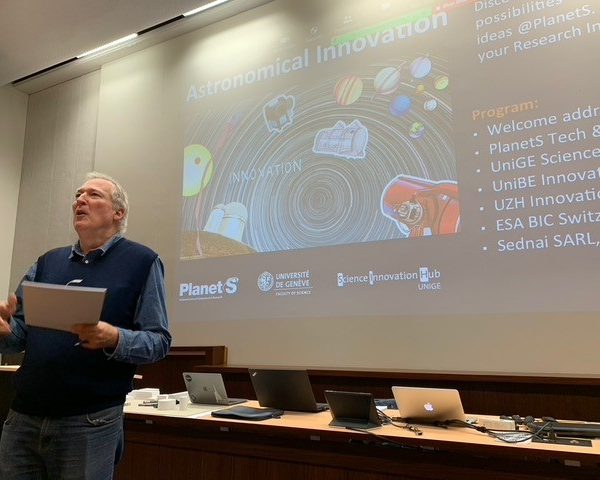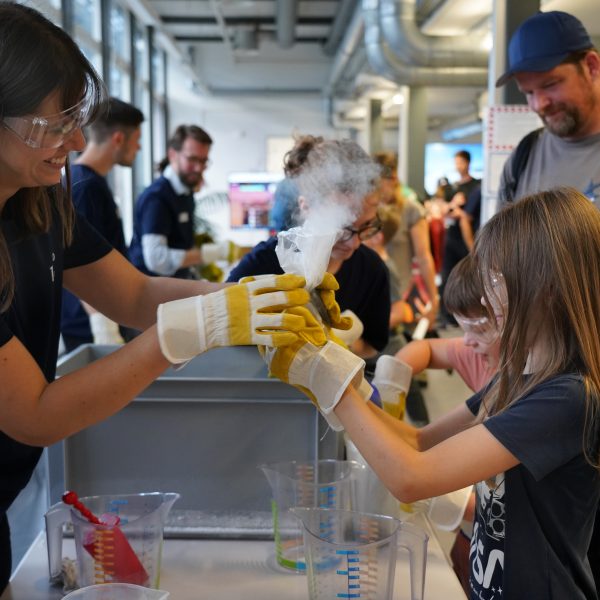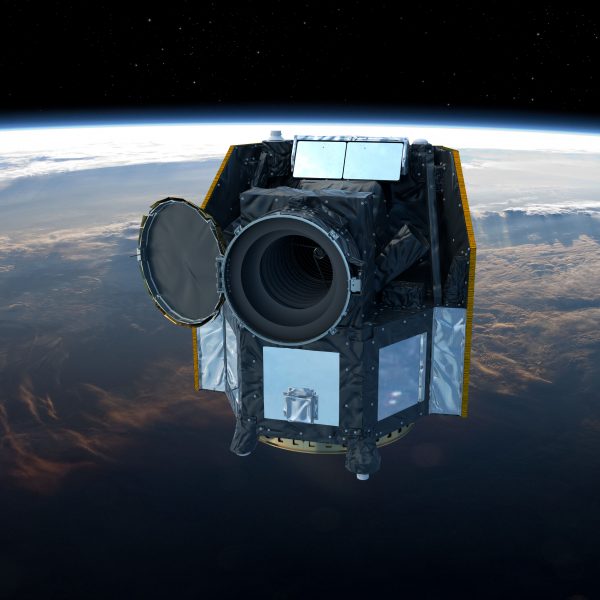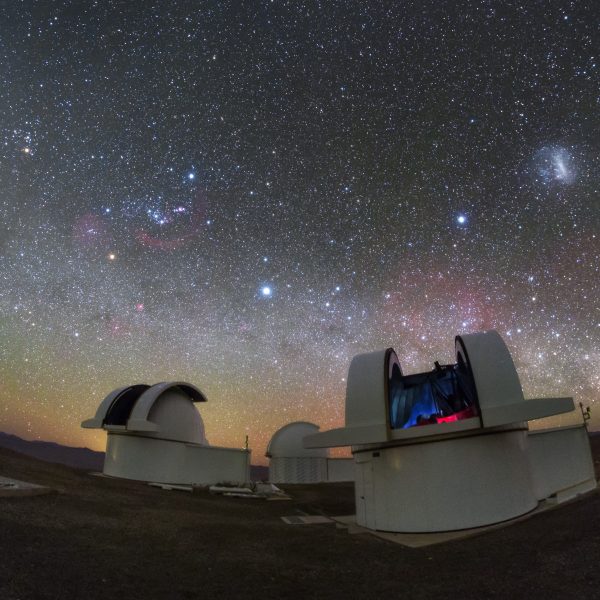Author Archive
Small asteroids are probably young
The impact experiment conducted on the asteroid Ryugu by the Japanese Hayabusa2 mission which took place two years ago resulted in an unexpectedly large crater. With the use of simulations, a team led by the University of Bern and the National Center of Competence in Research (NCCR) PlanetS has recently succeeded in gaining new insights […]
Continue ReadingAsteroid samples reveal early Solar System history
Nearly two years ago, the Hayabusa2 space probe returned samples from the asteroid Ryugu to Earth. Since then, international research teams – including members of ETH Zurich and the National Centre of Competence in Research (NCCR) PlanetS – have worked on analysing the valuable cargo. The results allow the scientists not only to reconstruct the […]
Continue ReadingEditorial
Dear readers, For more than 4 billion years, the Earth has been impacted by small asteroidal and cometary bodies. These objects are often thought of as debris from solar system formation and their effect on the Earth, the Moon and other planets has been significant. We only need to look at the surface of the […]
Continue ReadingFirst insights from the DART mission impact
On September 27, the world’s first full-scale planetary defense test against potential asteroid impacts on Earth hit its target. Researchers of the University of Bern and the National Centre of Competence in Research (NCCR) PlanetS that are involved in NASA’s Double Asteroid Redirection Test (DART) mission give preliminary insights. The final five-and-a-half minutes of images […]
Continue ReadingHow global warming affects astronomical observations
Astronomical observations from ground-based telescopes are sensitive to local atmospheric conditions. Anthropogenic climate change will negatively affect some of these conditions at observation sites around the globe, as a team of researchers led by the University of Bern and the National Centre of Competence in Research (NCCR) PlanetS report. The quality of ground-based astronomical observations […]
Continue Reading2022 Farinella Prize Awarded to Julie Castillo-Rogez and Martin Jutzi
Dr Julie Castillo-Rogez, a planetary scientist working at NASA’s Jet Propulsion Laboratory (JPL) in California (USA), and Dr Martin Jutzi, a physicist working at the Physics Institute of University of Bern (Switzerland) have been awarded jointly the 2022 Paolo Farinella Prize for their outstanding contributions to the field of “Asteroids: Physics, Dynamics, Modelling and Observations” […]
Continue ReadingBringing astronomical innovation to markets
The first edition of the Astronomical Innovation event, co-organized by the PlanetS Technology & Innovation Platform (TIP) and the Science Innovation Hub (SIH) of the University of Geneva, took place at the Geneva Observatory in June. There, researchers learned of the support that PlanetS and its member institutions can provide in exploring the path to […]
Continue ReadingGetting close to space at the Night of Research
Last Saturday, the fourth “Night of Research” took place at the University of Bern. Members of the National Centre of Competence in Research (NCCR) PlanetS were also there and took visitors on a voyage of discovery into space. “My comet stinks,” exclaimed a young visitor in amazement, pointing to the mass of humus soil, dry […]
Continue ReadingA thousand days of CHEOPS
After a thousand days in orbit, the CHEOPS space telescope shows almost no signs of wear. Under these conditions, it could continue to reveal details of some of the most fascinating exoplanets for quite some time. CHEOPS is a joint mission by the European Space Agency (ESA) and Switzerland, under the aegis of the University […]
Continue ReadingTwo new rocky worlds around an ultra-cool star
An international research team, with the participation of the University of Bern and the National Centre of Competence in Research (NCCR) PlanetS, discovered two “super-Earth” exoplanets. One is located at just the right distance from its star to potentially hold liquid water on its surface. Most of the planets that have been discovered around other […]
Continue Reading
